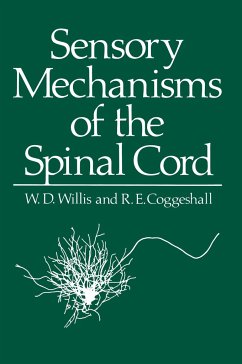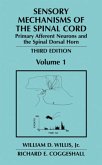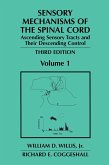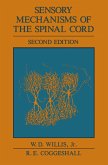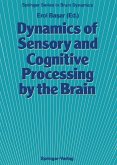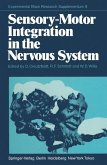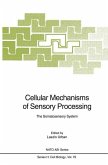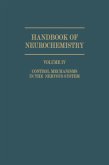The goal of this monograph is to provide an overview of current thought about spinal cord mechanisms for sensory processing. We hope that the book will be useful both to basic neuroscientists and to clinicians. So me historical aspects of the problem and a few definitions are treated in the first chapter. The second chapter reviews the organiza tion of the peripheral nervous system from the standpoint of sensory receptors and primary afferent axons. The third chapter is concerned with what is known about the structure of the dorsal horn, while the fourth chapter considers the activity of dorsal horn interneurons. The clinical, behavioral, and neurophysiological evidence for what parts of the cord white matter contain particular sensory pathways is discussed in Chapter 5, and details about the various pathways in the dorsal columns, the dorsolateral fasciculus, and the ventral quadrant form the . subject matter of Chapters 6 through 8. The final chapter is an attempt to summarize what is presently known about the receptors and the spinal cord pathways responsible for the sensations of touch-pressure, flutter-vibration, pain, temperature, position sense and visceral sensa tion and about descending control systems.
Hinweis: Dieser Artikel kann nur an eine deutsche Lieferadresse ausgeliefert werden.
Hinweis: Dieser Artikel kann nur an eine deutsche Lieferadresse ausgeliefert werden.

